[Translation test] So that everyone can connect to their own story ~ A single line that connects everything from actors to yoga teachers, writers to system coaches ~

「 What do you do? 」
When someone asks you this question.
In fact, we are much more than our business card titles can describe.
how you answer that question
Your future life may change dramatically.
Katie Churchman, ORSCC (CRR Global Certified Systems Coach) and faculty member, asked the world on the stage of a TED Talk.
In fact, while being a system coach, she has a wide range of backgrounds, including acting, yoga teacher, and writer.
Instead of explaining all those occupations, she always says,
“I am a storyteller”
For her, each visible occupation is all connected by a single line, the storytelling that underpins it.
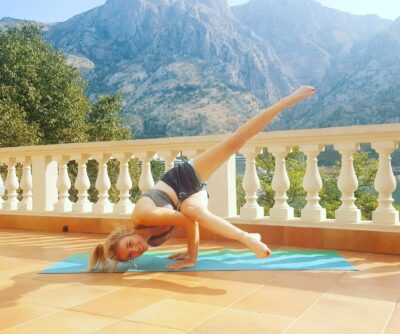
******
“Global World Workers” is a series that introduces world workers around the world.
In this memorable first installment, we will introduce Katie Churchman, who has such a colorful face.
As host of the podcast show Relationship Matters, Katy has welcomed guests from around the world, including CRR Global co-founders Faith Fuller and Marita Fridjhon. The program has already been downloaded about 100 times and is a popular program with over 70,000 downloads from 126 countries.
Katie, who plays a major role in conveying system coaching to the world, surprisingly started her career as an actor.
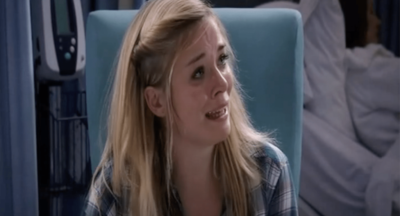
The story of Katie Churchman, who was led to system coaching while being fascinated by the world of communication and expression as an actor, will be unfolded by Ms. Lake Shimazaki, also known as “Izumi” of CRR Global Japan Faculty.
目次
Acting is connecting to your own story
―――You have done many things, but how did you come across ORSC in the first place?
Katie:I started my career as an actor. In a way, I feel like I started acting (as an actor) because I was not good at expressing myself.
All along, I felt like I wasn’t allowed to express some emotions. But in acting, I was able to express myself in many ways.
Acting can be intimidating or intimidating to some people, but there are many things we can learn from that world. As an actor, I also received a lot of communication skills training and learned a lot of skills with gestures, facial expressions and tone of voice.
Then I realized that these skills could be used in business and other places, so I became involved in such training.
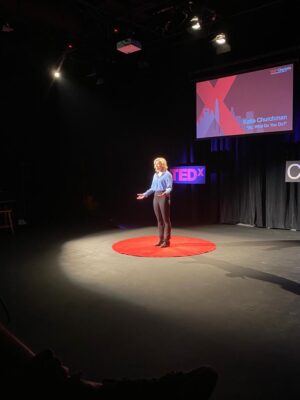
I was fascinated by that world. I was particularly interested in the gap between self-awareness and self-expression (understanding of oneself and how to present oneself) in many people.
But at the time, I didn’t have the necessary knowledge to explore that.
One day, I heard from a colleague that ORSC (system coaching) was the “best training”. Intrigued, I immediately attended the ORSC foundation course in London. That’s the first encounter.
The framework I had for working with relationships changed my life both professionally and personally.
―――How has it changed?
Katie:It made me see the world from a completely different perspective. In a way, everything changed, from the way I interacted with clients to the way I lived my life.
When you look through the lens of relationships, you see that at the end of the day, it’s all about relationships. The same principles apply whether you’re working with a couple, a team, personal or professional. For that reason, I love my job.
―――As an actor and as a coach, you’ve come to see things through the lens of relationships.
Katie:After studying ORSC, I realized the essence of great acting. What the actors are trying to do in it is not to try other characters, but to reach out to different parts of themselves. It’s about knowing myself and finding my own story.
Exactly what I want to do as a coach is help people connect to their own stories.
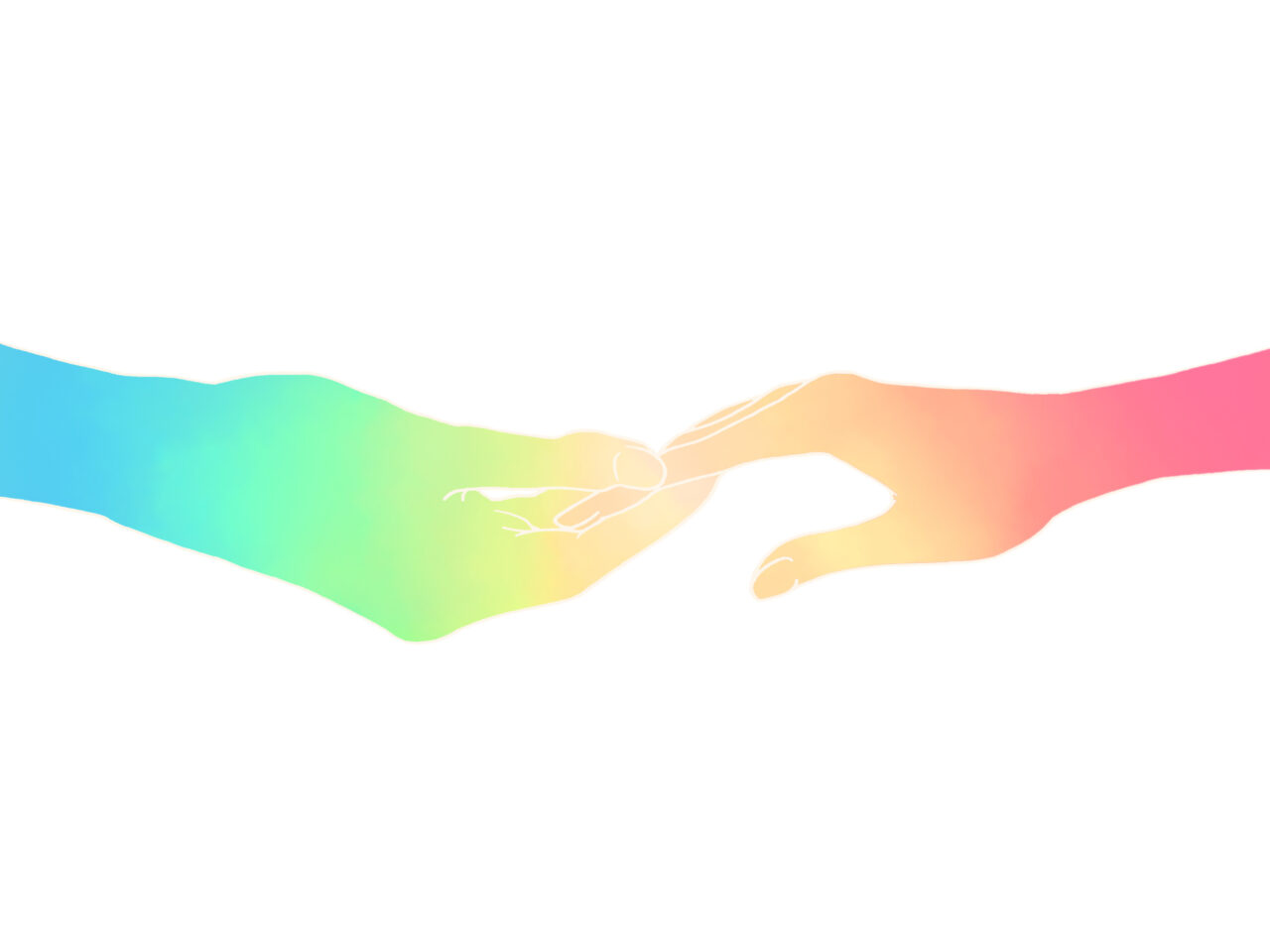
A podcast born out of many circumstances
―――How did the podcast show Relationship Matters come about?
Katie:Let me start by telling you what happened when I tried to get into the ORSC certification program. At the time, it was not easy to raise funds for the program, but I always strongly believed that “money and time constraints should not be used as an excuse.” I was.
Actually, I am also a writer. I suggested writing an article for Marita and Faith, the founders of CRR Global, and received a partial scholarship instead.
start the certification program. My worldwork at the time was to give a keynote address in Charlotte, North Carolina, where I lived.
But in the meantime, a pandemic has begun in the world. I had to rethink my worldwork (public lectures).
On the other hand, the article writing activities promised to Marita and Faith were carried out as planned.
One of them was to interview Marita and Faith every week and write an article about it. That wisdom helped me a lot, especially during lockdown when I felt disconnected from the coaching community.
One day, I was listening back to a recording of the conversation between Marita and Faith for writing an article.
Futo,`moshika shitara, min’na kono kaiwa jitai o kikitai kamo shirenai’ to omoitachimashita.
I suddenly thought to myself, “Perhaps everyone would like to hear this conversation itself.”
During the pandemic, I thought I could play a role in creating connections and conversations within the ORSC community.
And so this podcast show, Relationship Matters, was born. Thankfully, we’re already into Season 4.
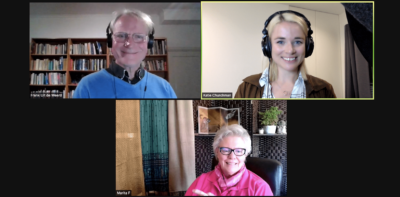
Discussing the correct relationship between death, illness, and aging
―――Are there any times that left an impression on you?
Katie:There are so many... Last year I was most impressed with the mini-series Conversations on Cancer with Faith Fuller.
『Conversations on Cancer』Trailer (2 minutes 40 seconds)
Faith was interested in the right relationship with things like cancer and other life-threatening diseases. So together we decided to create this six-part mini-series.
In this series, survivors of cancer, caregivers of people with life-threatening illnesses, and others talk about what the right relationship looks like with difficult things like illness and death.
It felt like a breakthrough to me. At least it wasn’t the kind of conversation you would normally have, but in those episodes it was okay to have that kind of conversation that would normally make you feel uncomfortable.
It is important to build a correct relationship with various wonderful things such as love, but at the same time, it is also important to search for a correct relationship with things such as death, illness, and aging, and to have the courage to participate in conversations and share them. is. This series tries to do just that.
It was the beginning of a new kind of conversation
―――I also listened to it and got a lot of wonderful wisdom.
Katie:I feel really honored to be involved in something like this. And I knew a lot of people outside the coaching community were also facing that challenge, so I thought I'd spread the word. We hope the ripple effect will spread beyond the ORSC community.
The people I spoke to in the episode bravely opened up the conversation. And I think that was the beginning of a new kind of conversation. As well as telling the world what ORSC can do, we also began to see what kind of conversations would emerge if we looked at the world through a relational lens.

Ms. Yuri Morikawa and Ms. Keiko Muramatsu also came from Japan, and I hope that many people from all over the world will talk about the integration of displaced people in Lebanon and their use in activities in South Africa. I was.
I once again felt that the meeting room is not the only place where ORSC’s wisdom can be used. There are many fields around the world that can be used, such as in the classroom, in politics, or in the family.
―――“Relationship Matters” always feels like I’m watching a drama. You will come to understand the nature of human beings.
Katie:Exactly. You could call it an “ORSC podcast,” but I think it’s actually a podcast about humans.

everything is connected
―――What do you want to do from now on?
Katie:I want to continue to spread the wisdom of ORSC, not just within the coaching community, but around the world. For example, I think it is extremely useful for people in various positions, whether it is a leader, a teacher, a partner, or a parent. That’s why I’m always looking for ways to communicate in a way that’s simple, friendly, and easy to understand.
As part of that, my company Team Triad launched a project called Balcony View. This is a combination of an article and a podcast, content that gives you a wider perspective by taking a step back and connecting to the bigger picture.

In our lives, we often find ourselves stuck in a confrontational structure of “I” versus “you.” But if we can step back and see the bigger picture, we can begin to build more conscious and intentional relationships.
This is true not only in our personal relationships with our partners and families, but also in the larger political conversations. increase.
Izumi: Let’s do various things together.
Katie:please. By the way, what about Izumi-san’s world work?
Izumi:I am interested in environmental issues such as global warming. Originally, I think that it is not only the relationship in human society, but also the relationship that includes living things such as animals and plants.
I’m in college looking for answers on how I can relate to this issue as a coach.
When it comes to this issue, many other issues come to the fore, such as political economy and social issues in human society. Everything is connected.
As an ORSCer, I think there are many things I should do and can do. Also, if we can empower people who are working on various themes as World Workers, I believe that the influence will be connected like a net and the world will be better.
Katie:It is wonderful. Rather than looking at these issues individually, we should look at them systematically and see how they interact. You can see how the points become lines and planes.
Izumi:This article is a part of that activity, and I hope that by introducing Katie this time, the dots will become lines and spread like a spider’s web.
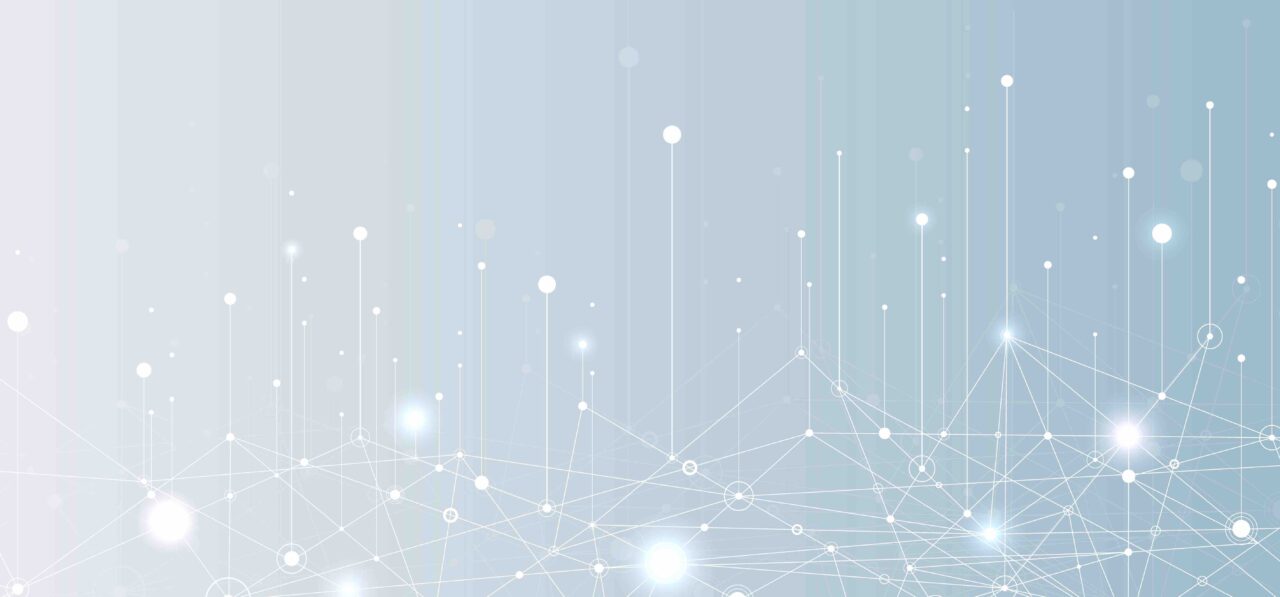
Katie:I sympathize. I help clients understand and embrace their own stories, and I am also a conversational podcast host, but at an essential level, I am a storyteller.
All are trying to draw out stories and weave them together (like a spider’s thread) just like you.
I really like Izumi’s idea that as a global community, we support individual projects with spider webs on top of them.
They are not separate, they are all connected.
